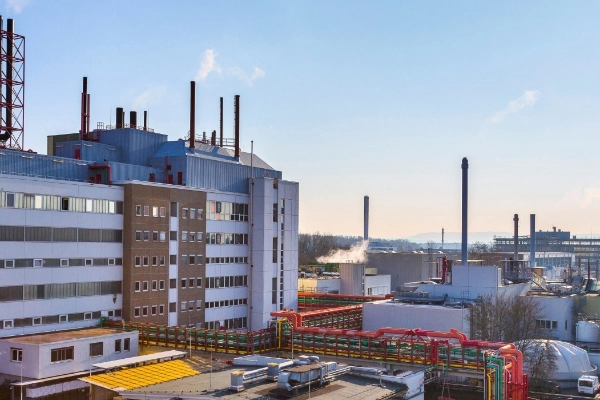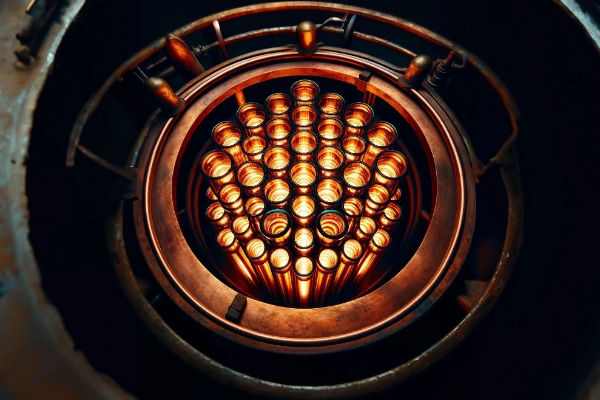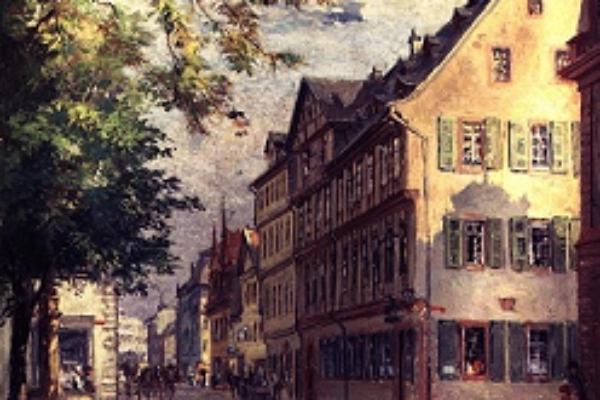Heraeus. Technology delivered. All around the world.
The Heraeus Group is a broadly diversified and globally leading family-owned technology company, headquartered in Hanau, Germany. Your competitive advantage is our priority. In all our businesses our people combine material expertise with technological know-how. With this professional knowledge, we look into your processes, challenges and markets and develop high quality solutions that strengthen your competitiveness in the long term.
"On the way to the company's 400th anniversary, we are constantly working to make the company fit for the future. Curiosity, enthusiasm, new creative ideas and the courage to try these out is the basis for this. Fit for the future means that you are never finished, but always in the middle of it."
Jan Rinnert, CEO and Chairman of the Board of Managing Directors of Heraeus Group
A diversified family business with enthusiasm for technology
Today, Heraeus bundles diverse businesses in the Business Platforms Metals and Recycling, Healthcare, Semiconductor and Electronics, and Industrials. Customers benefit from innovative technologies and solutions based on broad materials expertise and technology leadership.
We are systematically developing our operating businesses and strengthening them in a targeted way. The focus here is on the competitiveness of the individual business and the balance within our portfolio.

Heraeus worldwide
The Heraeus Group is a broadly diversified and globally leading family-owned technology company, headquartered in Hanau, Germany.






